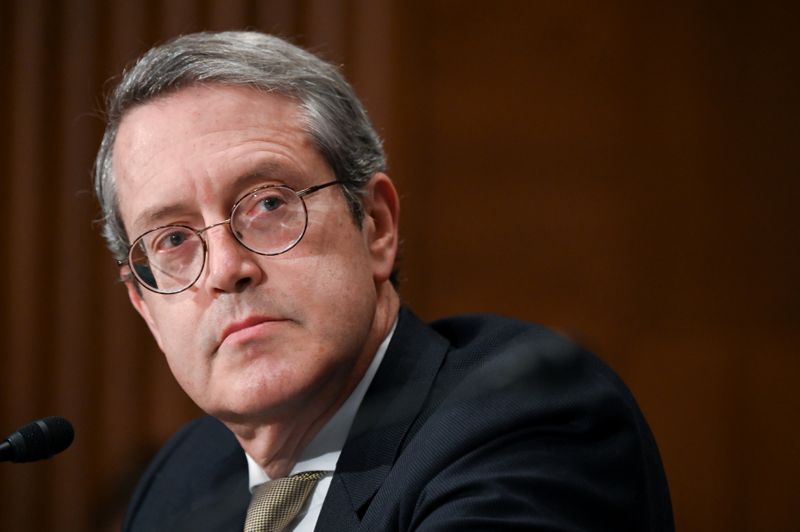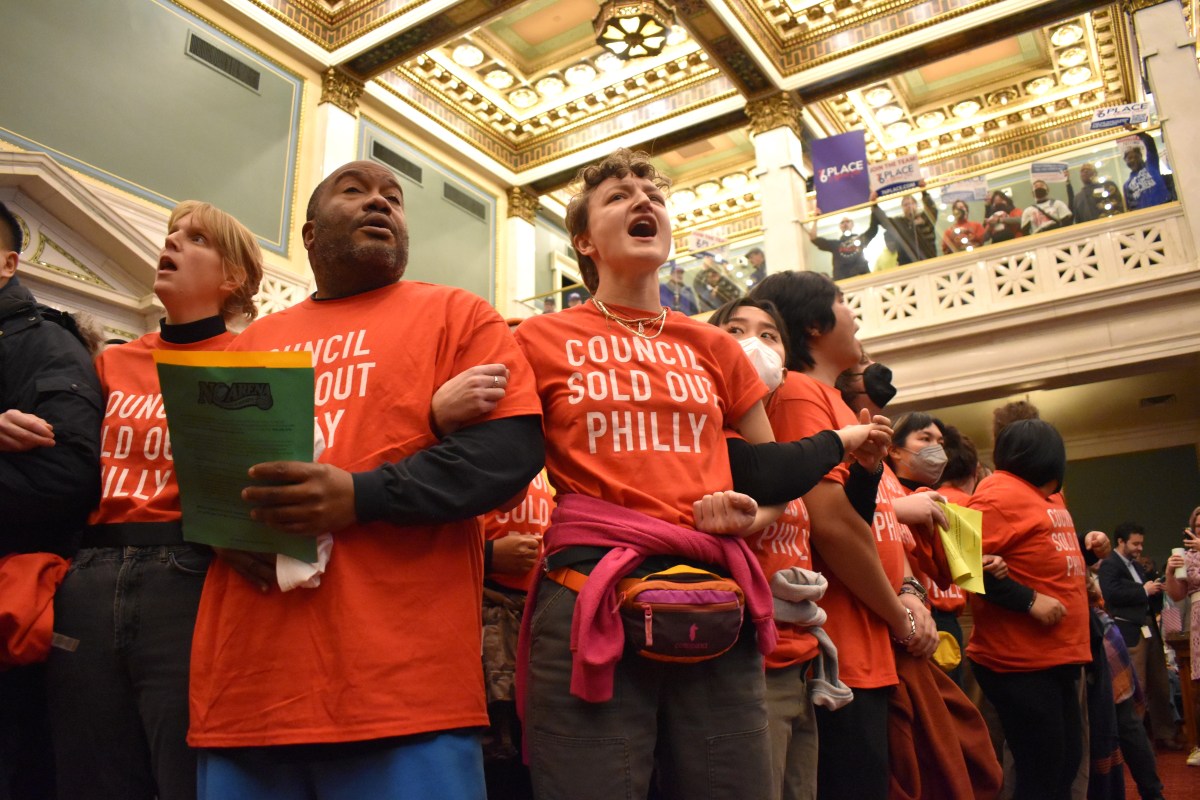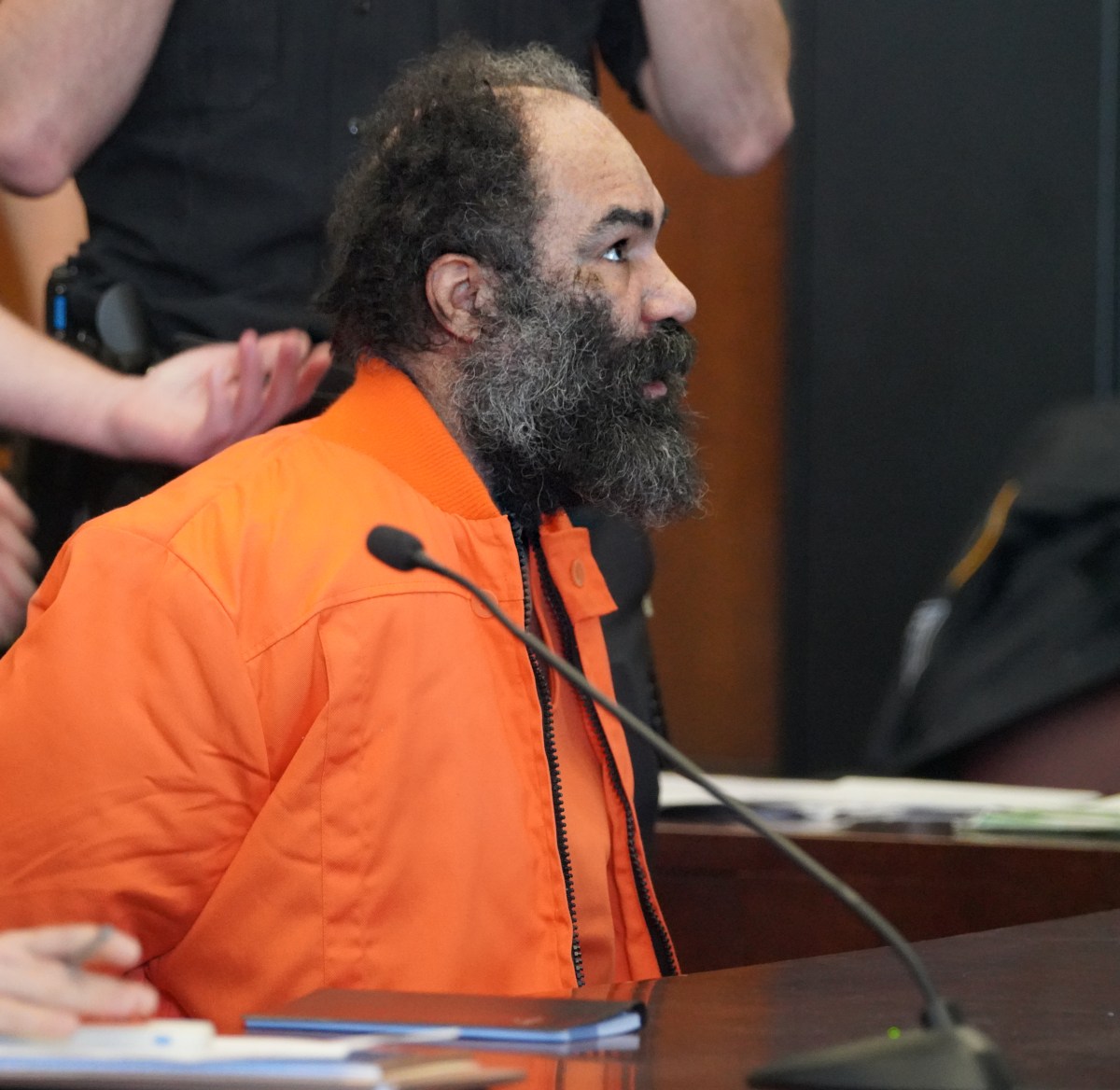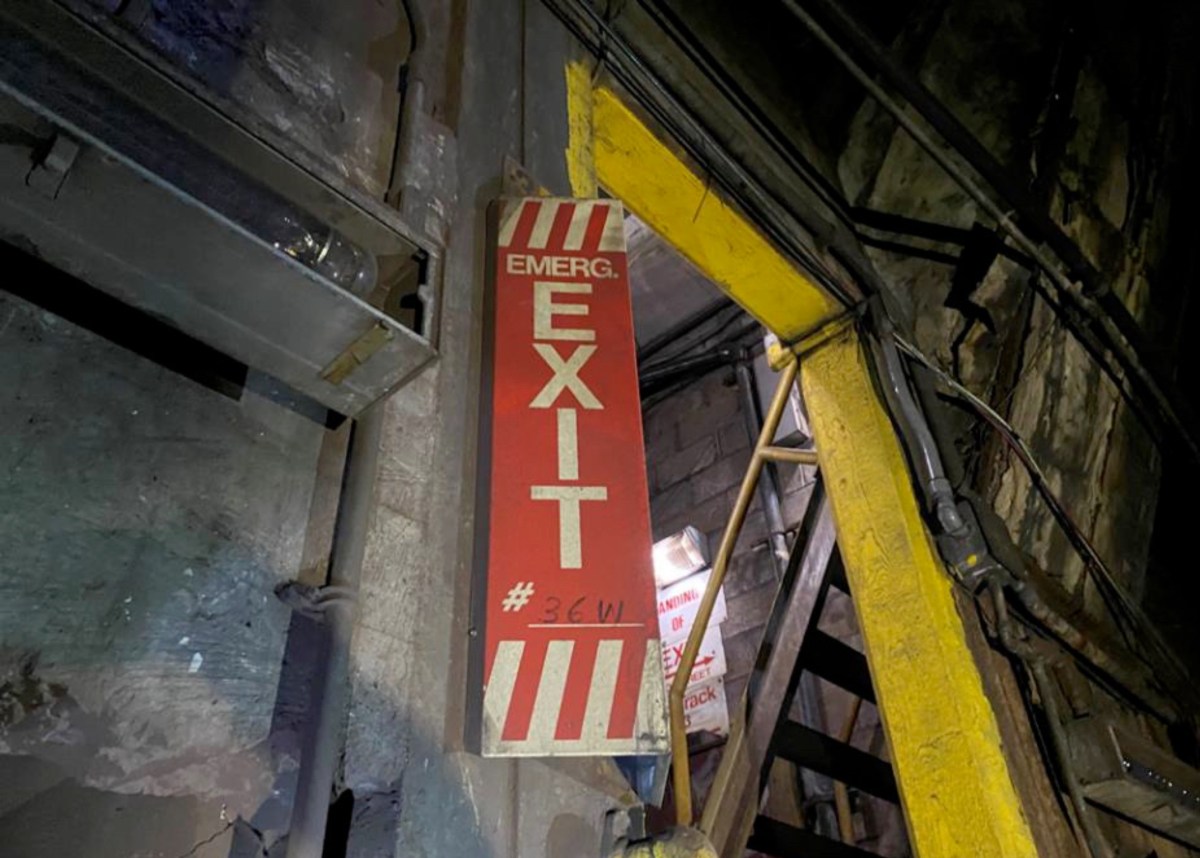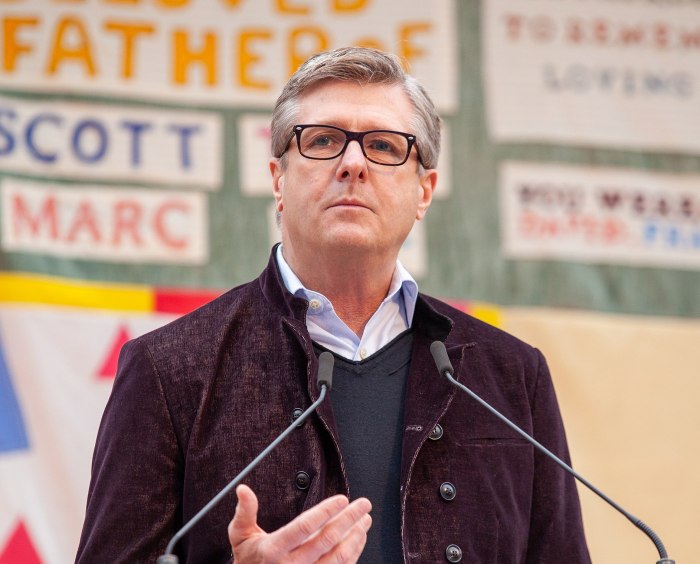WASHINGTON (Reuters) – U.S. Federal Reserve Vice Chair Randal Quarles said Tuesday that the market stresses created by the coronavirus pandemic showed the nonbank financial system is “significantly more fragile” than its traditional counterpart.
Quarles said that while decisive action from central banks and regulators helped ease market turmoil, recent events have shown global regulators have “work to do” to shore up nonbanks, including improving resiliency in money market funds.
Speaking in his capacity as head of the Financial Stability Board, Quarles did not lay out precise policy prescriptions, but rather said the global regulatory group is hard at work examining the issue and expects to lay out recommendations soon.
“Addressing vulnerabilities in the financial system going forward…will require a holistic perspective given the various linkages within nonbank financial intermediation and between nonbanks and banks,” he said, according to prepared remarks. “We have gained some clarity regarding areas of the market that needed significant bolstering and have to look closely at whether and how resilience in these segments can be improved.”
The rapid onset of economic lockdowns and market stress revealed some flaws across the market, he added, particularly as companies worldwide scrambled for cash, specifically U.S. dollars.
For example, margin calls appeared to be larger than expected for some firms, leading to stretched liquidity. And the stress raised new questions about the functioning and resilience of core government debt markets, particularly when it comes to the ability of private parties to intermediate in those markets.
Quarles noted that markets returned to normal thanks to massive intervention by central banks across the globe, addressing the immediate issue but raising longer-term questions.
“While swift and decisive policy action succeeded in calming markets, this does not mean that our work is complete. While central bank action succeeded in restoring market functioning, this support does not address the underlying vulnerabilities,” he said.
(Reporting by Pete Schroeder, Editing by Franklin Paul and Andrea Ricci)

